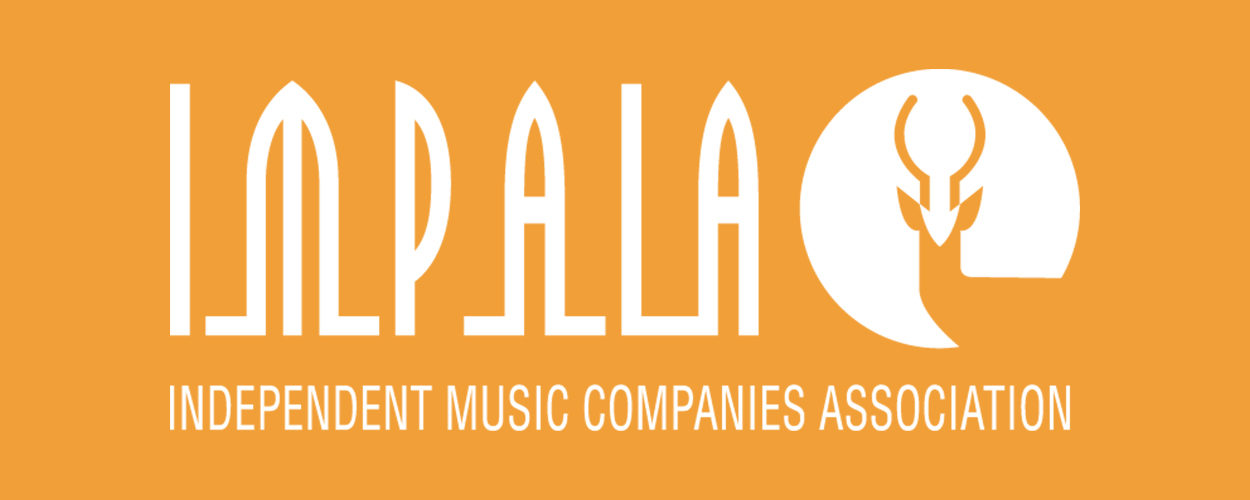This website uses cookies so that we can provide you with the best user experience possible. Cookie information is stored in your browser and performs functions such as recognising you when you return to our website and helping our team to understand which sections of the website you find most interesting and useful.
Business News Digital Labels & Publishers
IMPALA publishes diversity report
By Andy Malt | Published on Friday 21 October 2022

IMPALA – the pan-European organisation for the independent music community – has published its annual report on equity, diversity and inclusion. It summarises the work undertaken by IMPALA and its membership in this domain over the last year, and also sets out areas for improvement in the year to come.
Among other things, it highlights the free equity, diversity and inclusion training programme IMPALA runs, and the diversity of guests who appear on the organisation’s 20MinutesWith podcast. It also devotes a section to the ongoing debate around artist remuneration – going into more detail on why it doesn’t think so called equitable remuneration is the way to address any concerns over the streaming royalties artists receive, a position it reaffirmed just last week.
“IMPALA has shown that it was not just making a fashionable gesture when it committed to striving for long term change in terms of equality and diversity”, says Keith Harris, adviser to IMPALA’s equity, diversity and inclusion task force. “The new report makes for interesting reading and shows that the independent sector across Europe is prepared to invest significant time and effort to bring about long term and meaningful change to improve fairness and equity”.
“The spirit of cooperation and the willingness to share best practice and learn from each other’s experiences has really been commendable and little by little equality, diversity and inclusion is moving to centre stage, and is manifestly becoming central to the thinking of the opinion formers and decision makers across the industry”, he goes on.
Ben Wynter – as Entrepreneur And Outreach Manager at the UK’s Association Of Independent Music – and who contributed to the report’s section on equitable remuneration – comments: “For people from a low socio-economic background, and particularly people of colour, streaming has been a game changer. Whilst there is no doubt that streaming reform would benefit many, my concern is that in any reform there will always be a loser”.
“The majority of solutions that I have seen would have a detrimental impact on those from low socioeconomic backgrounds as income would be repurposed from their share elsewhere, threatening to dismantle the democratisation that exists”, he continues. “This is why I find it hard to support solutions such as ‘equitable remuneration’. When searching for a solution, it is important to take into account the wider impact on all creatives that changes to streaming would have”.





